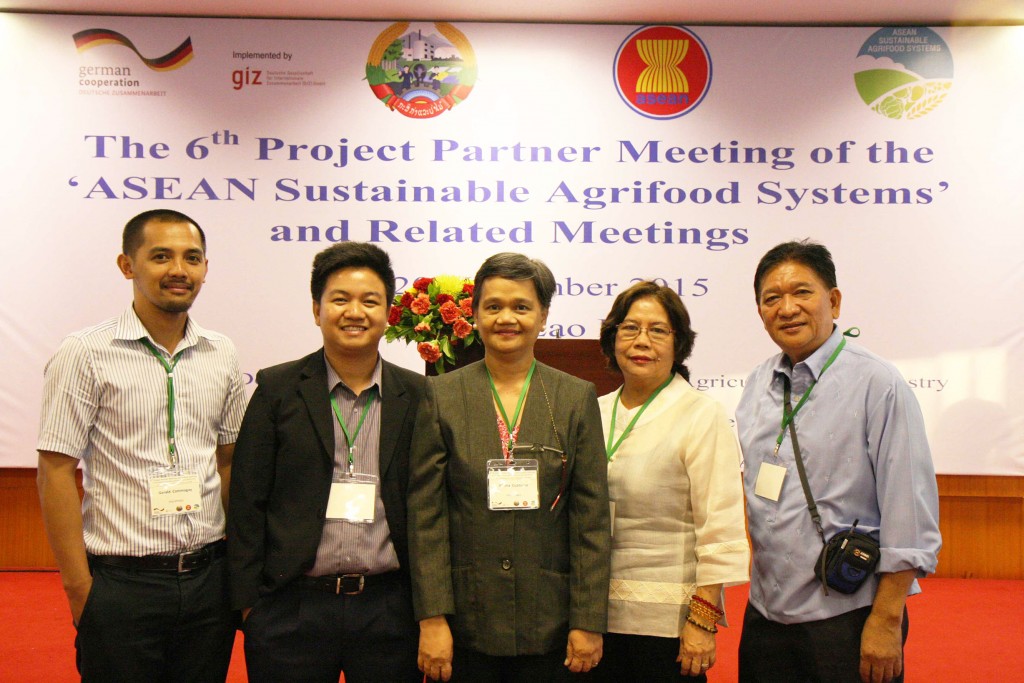
Writer: Rojana Manowalailao, ASEAN Sustainable Agrifood Systems
Mr. Gerald Cammagay, a Science Research Specialist with the Philippines’s Organic Agriculture Division recently attended the 6th Project Partner Meeting of the ASEAN Sustainable Agrifood Systems (ASEAN SAS) in Vientiane, Lao PDR where he gave this interview
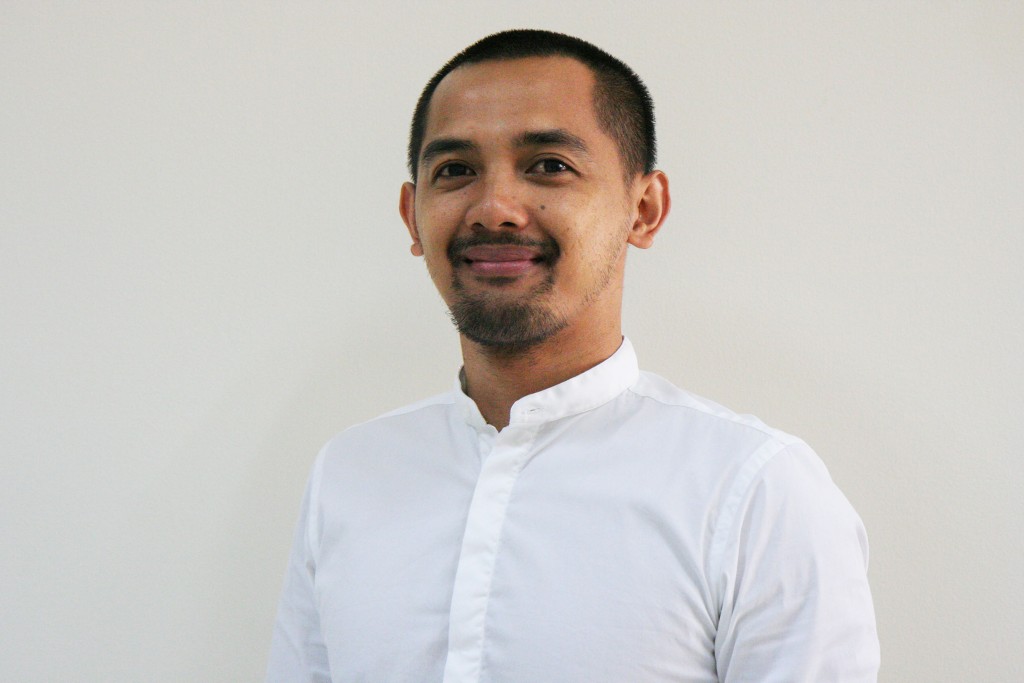
What is the role and responsibility of your agency?
“We are the Bureau of Agricultural and Fishery Standards and responsible for the formulation of standards related to food safety and also regulation of organic agriculture. So, in supporting the sustainable agrifood systems, we would introduce the best practices in doing sustainable agriculture, especially and specifically on good agricultural practices and organic agriculture. It is sustainable in a sense that it will follow the international guidelines on farming.
“ We face problems like the overuse of the agricultural lands. We plant every season without considering giving back what is taken from the soil. The excessive use of chemical fertilizsers and chemicals is the natural calamities. “
In the aspect of organic agriculture, we consider the three components, which are livelihood or the economic status, environmental friendly and also farmers’ health very important. We are buying by the principle that if a farmer is not healthy, he will not benefit from his livelihood. It will be used for medication. So, it is useless. And, the environment will be at stake. The neighbors will get sick. The river systems will be contaminated. So, we believe that in doing this [sustainable agriculture], it would sustain the three factors, especially for farmers that they can do their job well and the soil is being conserved. It would result into sustainability.”
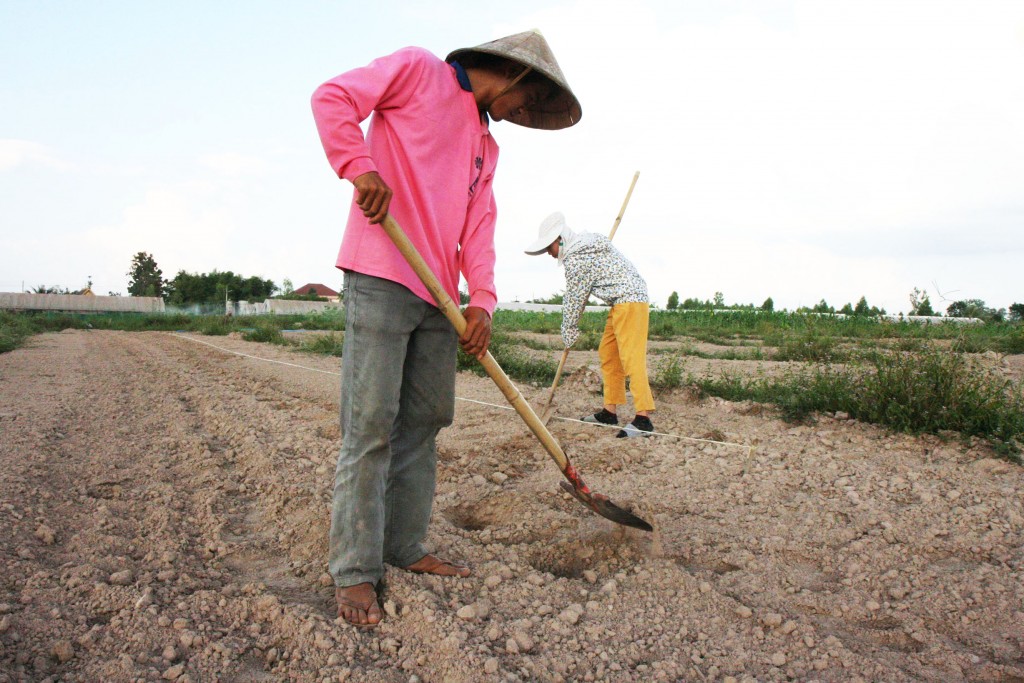
What are the issues and challenges in promoting sustainable agrifood systems in your country?
“For sustainable agriculture in the Philippines, we face problems like the overuse of the agricultural lands. We plant every season without considering giving back what is taken from the soil. The excessive use of chemical fertilizers and chemicals and also the challenges we face is the natural calamities. The Philippines is the way of Typhoon, and Monsoon. I think those are the major problems we face. So, it is really going into the point that the farmers are not doing this sustainable farming. So, we try to educate them, train them, send them to workshops, and give seminars to them for them to be aware of the problems what may happen if they do not do the sustainable way.”
To you, why is sustainability important?
“Sustainability is very important because what you have today might be lost tomorrow because of the wrong practices, and wrong techniques.”
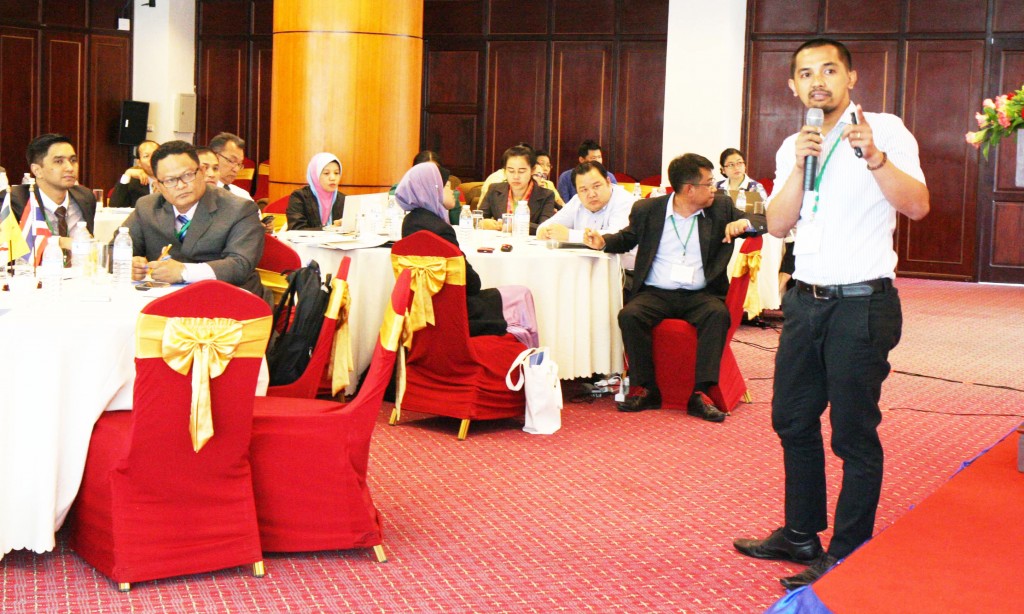
In order to promote the sustainable agrifood systems, can you give some examples of the activities that your organisation do?”
“In relation to sustainable agriculture, we do information dissemination and we collaborate with our local counterparts who do the actual jobs. We do the policy formulation. But, on the ground works it is the local counterparts who implement it. We really have to make the best guidelines or practices for them to really apply it in the field.”
What do you think the information dissemination can do?
“This is to raise awareness of what we have developed at the national level. It will be passed on to the lower levels, and farmers will know if they follow this standards or guidelines, it will result to better things. They will not stay with their old practices, so it is like an innovation and we are informing them, educating them, and passing the information to the ground level.”
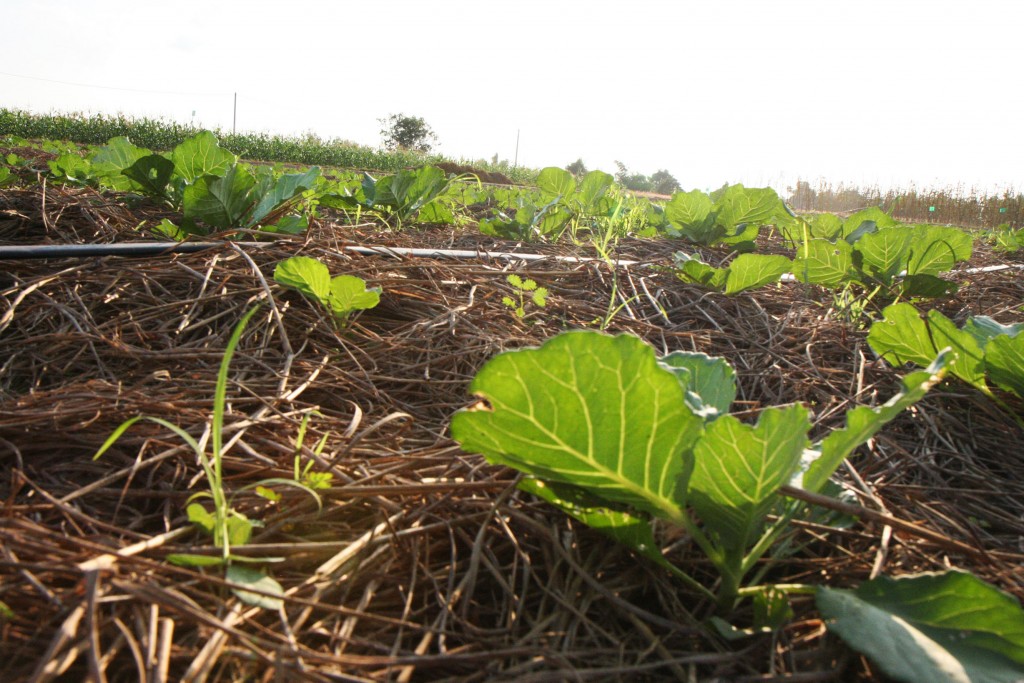
Has there been any progress?
“The progress right now is that the introduction of specifically this Good Agricultural Practice [GAP] is gaining popularity and many farmers are getting involved in it. This GAP certification is important in marketing and export possibility. It is developed at a national level. Also, it has been developed at a local level like GAP certification but at a local level for their products to be able to compete in the market either local or international. So, it gains so much interest and many are getting involved in it.”
How do you do that?
“We have a very strong campaign so we have conducted GAP caravans. We go around provinces and regions for the simultaneous seminars and information dissemination. We meet with the local farmers directly. That is the strategy we implement. For example, in a case of onions in the Philippines which are the commodity for export for Indonesia and some parts of the world, we make sure with the onion producers that Indonesia and the world market require the GAP certification, so with these the farmers have to have their farms being certified by GAP, so they would be able to export. I think it is quite successful.”
“ Government has to do his job to really know what the real situation is. And upon knowing the real situation they will base those real experience, real situations in formulation of good policies and that would be very good for the farmers [and everyone]. ”
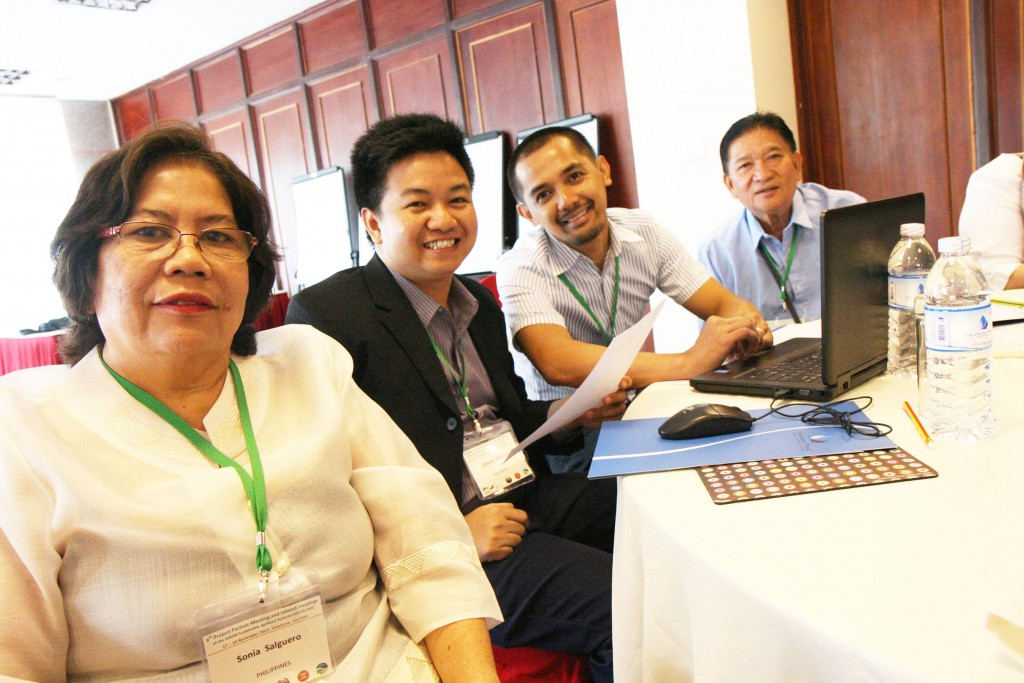
What else can be done in your opinion in promoting sustainable agriculture practices?
“I would suggest that it is really about going down to the farmers’ field and let them speak of what are really the hurdles, and what are the problems they face. And, that information will need to be used in the planning, and development of policies. So, it is based on the actual situation, not mainly based on theory, but it must be based on true facts.”
Is there anything you would like to say?
“The government has to do his job to really know what the real situation is. And, upon knowing the real situation they will base those real experience, and real situations in formulation of good policies and that would be very good for the farmers. It is like a bottom-up line. We call it the bottoms up because from the bottom we have farmers. It will be related on the national level.”
Over 70 experts from ten ASEAN Member States recently met in Lao PDR to mark the ASEAN SAS project’s mid-term milestone and discuss emerging issues and challenges to food security, including environment and climate changes in order to develop strategies for project activities post 2015. ASEAN SAS, since the inception of the second phase in 2014, has implemented activities under three priority areas namely policy framework, production technologies and market linkages to encourage regional cooperation in promoting sustainable food production at the national level as well as enhancing synergies and boosting greater impact in respective countries. The 6th Project Partner Meeting and related Mmeetings run on 17-20 November 2015 co-hosted by the Department of Agriculture, Ministry of Agriculture and Forestry of Lao PDR.
Transcribed by Sabrina Kessler, ASEAN Sustainable Agrifood Systems
